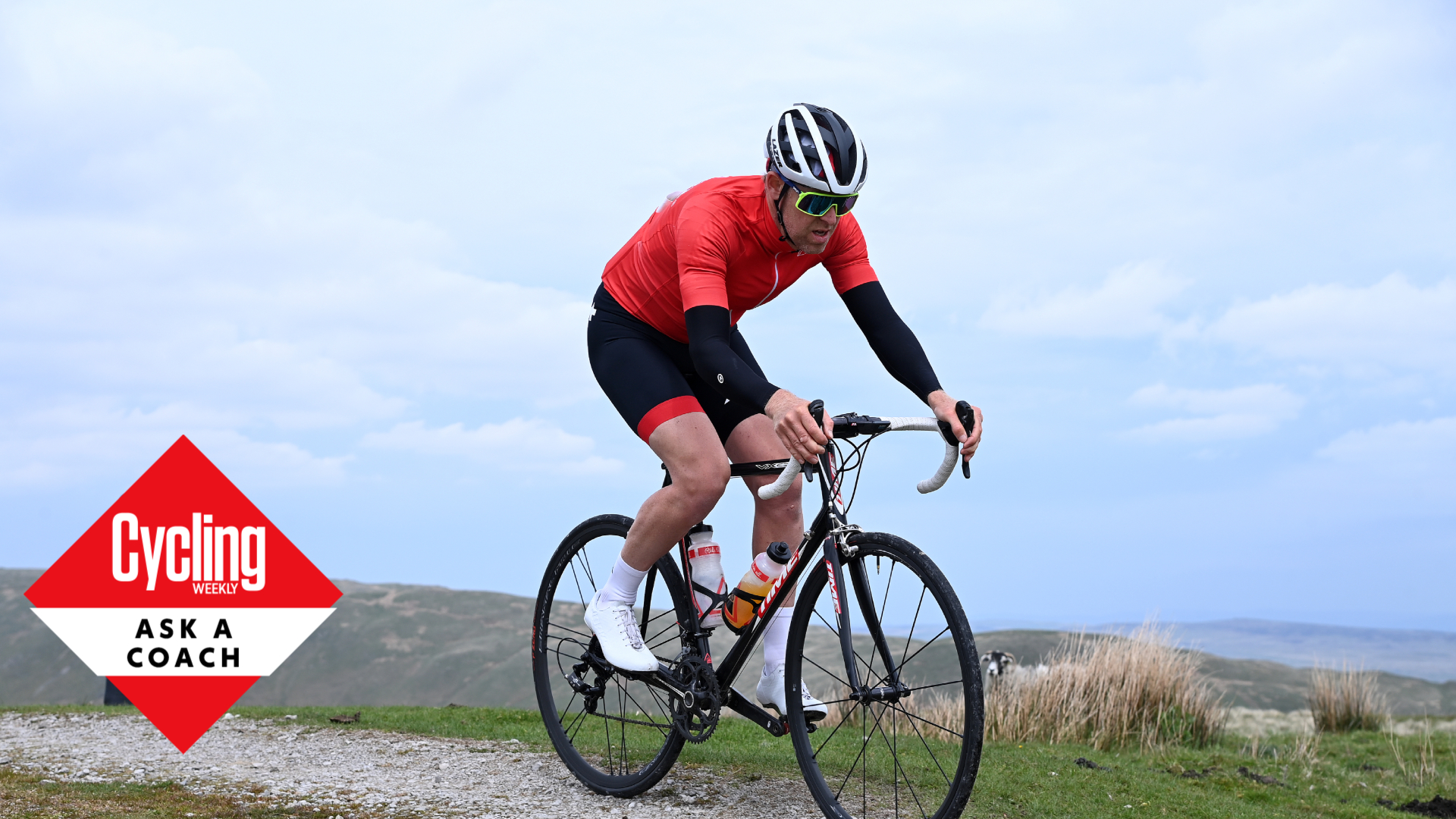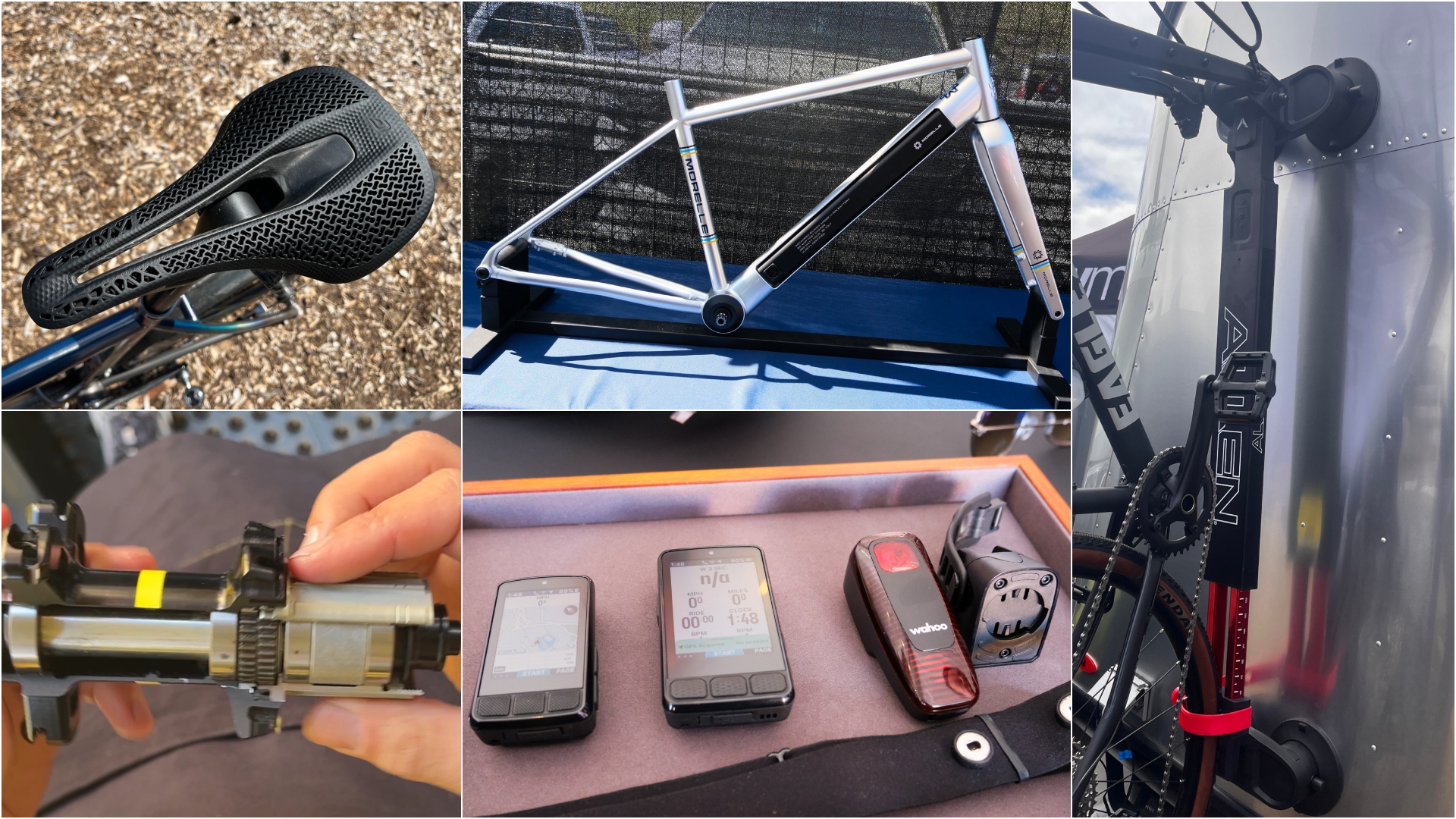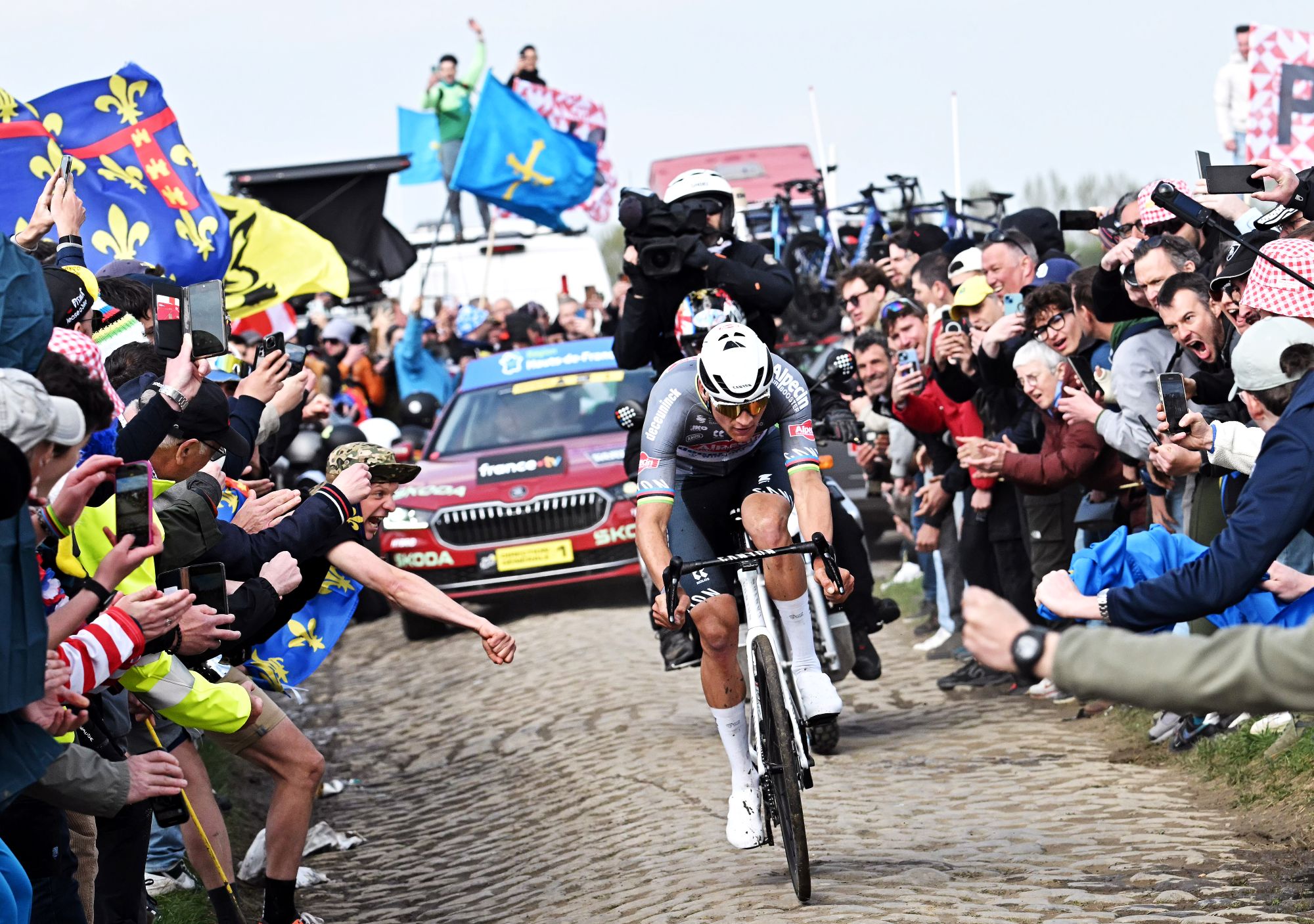Ask a coach: ‘Why am I feeling sluggish on bike rides I usually find easy?’
From lack of sleep to suboptimal nutrition, life stress and overtraining, there many reasons why you might have lost your spark - here’s what to look out for and the changes to make


Feeling sluggish on the bike is never an enjoyable situation. It can feel like everything is steeper than before - the same road feels slower and longer, or you just don’t have that snappy feeling in your legs.
In our day-to-day lives, there are many things which can impact how we feel on the bike - from sleep to stress, underfueling or where you might be at in the menstrual cycle.
Today, cycling coach Alex Welburn explores a variety of factors which could be causing you to feel sluggish on the bike - and what you can do to keep firing on all cylinders.

Performance cycling coach Alex Welburn is one of the experts who will be answering your questions in Cycling Weekly's Ask a Cycling Coach series, online every Wednesday. He's currently completing a PhD on Critical power and W' at Loughborough University whilst also managing the Performance Project, in which he coaches athletes and provides consultation.
Sleep
Sleep is probably one of the most under-utilised elements of recovery. Although widely recommended, it’s something that so many of us end up overlooking and undervaluing when it comes to honing our training
Yet sleep is the underpinning of everything. If this area is neglected (or far from optimal) it will impair your progression. The key point here is to ensure regular and consistent sleep patterns in terms of waking up and the time you go to bed. Of course, ensuring you sleep enough - which is typically around 8 hours - is also very important.
Considering screen time before bed is another key area. There is evidence that this suppresses our melatonin levels (the sleep hormone). Usually melatonin levels rise around 1-2 hours before your ‘normal’ bed time - but when screen light suppresses this, it prevents us from feeling tired at the usual time. So, pay attention to regular sleep patterns. In performance, this often comes under the name of ‘sleep hygiene’.
Overall, the first thing to look at with your sleep, is [1] are you getting enough sleep? [2] is your sleep routine consistent?
Get The Leadout Newsletter
The latest race content, interviews, features, reviews and expert buying guides, direct to your inbox!
Nutrition
Simply put, work requires fuel. It isn’t just about putting the effort in on the bike, but also ensuring your daily nutritional needs are met! Underfueling is quite a common factor which can lead to feeling sluggish. Everything needs to be in balance, so on harder days you require more and on easier days, less. This is what we term ‘fuelling for the work required’.
Another key area relating to cycling nutrition is alcohol intake, which amongst other things can also impair the quality of your sleep. Do consider this - especially in relation to the timing of your sleep.
Make some notes, whether you log it on an app, or what I will often get athletes to do is just take pictures so we can look for trends. Once you have done a normal week, take a look and see if [1] you are eating enough [2] getting sufficient macronutrients and [3] the timing of your meals/fuelling in relation to your cycling.
Life fatigue and stress
One of the things we can’t ignore is the other 22 hours in the day. This includes your work and the stress associated with it. It can build and, on particularly stressful days, this can be felt in your legs where you feel like you have no zip - something I’m sure we have all felt.
Each of us will have a stress capacity. This comes from work, life and training - and we can only deal with so much in total from all of these sources. In times when this is high - from any of the sources - we may feel ‘flat’ and sluggish on the bike, which is worth taking into consideration.
This is often where amateur athletes can fall down, rigidly sticking to a cycling training plan which might conflict with those more stressful days. Don’t be afraid of moving things around to better balance your stress load.
Training load
Consider the last time you had a rest week. Training ultimately creates stress - a stimulus for us to adapt from. And these adaptations only come as a result of recovery. Too much load too quickly without sufficient recovery, or prolonged time without adequate rest can possibly cause this feeling of sluggishness.
Look at your weekly training load. However you measure it - be it with a load score, hours, distance etc., you can use this to plan your training weeks accordingly, and use it to ensure you drop it for your recovery weeks. A nice simple way is to do ‘three weeks on’ where you can build, and then a week where the training load is dropped to allow for that recovery.
Recovery
By now, you have probably gathered the importance of recovery and its different forms. By this, I mean scheduling recovery days to allow your body to recover from those training sessions. If we don’t allow recovery days, we won’t adapt from our training - and this often leads to a fitness plateau.
Overall, there are many things which can cause a feeling of sluggishness. I recommend taking a step backwards and giving all those aspects some time and thought. Start with some of the easy wins like sleep - this is where you can feel changes rather quickly. Then take a look at your overall training in terms of load and have a look at what you were doing when those rides felt easy, to see if you can spot anything.
Take all this into consideration and you should find yourself getting back into your normal sprightly ways.

Thank you for reading 20 articles this month* Join now for unlimited access
Enjoy your first month for just £1 / $1 / €1
*Read 5 free articles per month without a subscription

Join now for unlimited access
Try first month for just £1 / $1 / €1
Alex is a Physiologist, Performance Coach, who also lectures occasionally at Loughborough
University where he is completing his PhD in Critical power and W'.
After competing for over 10 years on the bike, where he has competed for GB in both
cyclocross and mountain bike events, he now spends his spare time in the mountains as an
aspiring guide. Alex has worked with cyclists of all levels over the last 9 years, from ultra-
endurance world champions to the Women’s TDF. Supporting his PhD he manages The
Performance Project, consulting with and coaching athletes. Finally, he is also a proud
sponsor of southern based LAKA X Pedal Mafia Race Team.
-
 A bike rack with an app? Wahoo’s latest, and a hub silencer – Sea Otter Classic tech highlights, Part 2
A bike rack with an app? Wahoo’s latest, and a hub silencer – Sea Otter Classic tech highlights, Part 2A few standout pieces of gear from North America's biggest bike gathering
By Anne-Marije Rook
-
 Cycling's riders need more protection from mindless 'fans' at races to avoid another Mathieu van der Poel Paris-Roubaix bottle incident
Cycling's riders need more protection from mindless 'fans' at races to avoid another Mathieu van der Poel Paris-Roubaix bottle incidentCycling's authorities must do everything within their power to prevent spectators from assaulting riders
By Tom Thewlis